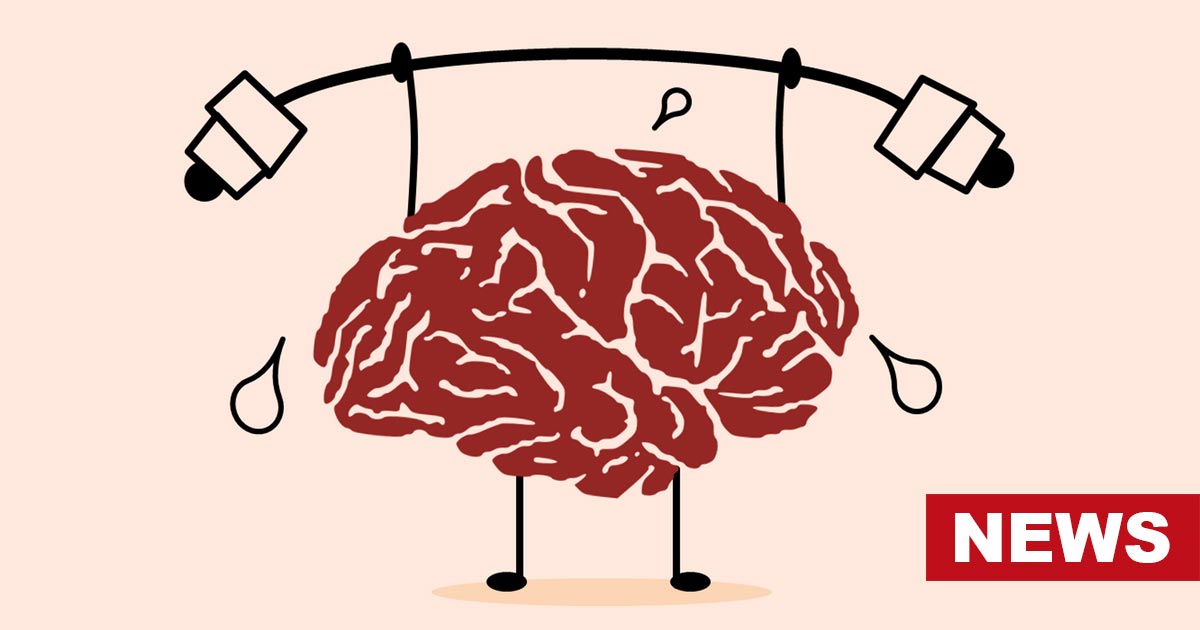Maintaining cognitive wellness becomes increasingly vital as we age, just like taking care of our physical health. The prevalence of dementia, often linked to stress and an unhealthy lifestyle, highlights the significance of giving extra attention to our brain health. On World Brain Day 2023, it is essential to keep our brains engaged and active throughout our lives in order to prevent memory decline and cognitive issues.
As we grow older, the volume of our brain tends to shrink, which can lead to various brain-related problems. However, with the right efforts, we can combat this issue and maintain a good mental state even as our bodies become frail with age.
Physical exercises for brain health play a crucial role in enhancing blood flow to this vital organ. Yoga, walking, cycling, and other recommended exercises can significantly contribute to keeping the brain active.
In addition to physical exercise, there are various cognitive activities and brain exercises for mental health that can help challenge and stimulate the brain. Engaging in puzzles, crosswords, using your non-dominant hand, learning new skills, socializing, and reading are effective ways to keep the brain agile.
Dr. Aditya Gupta, Director of Neurosurgery and Cyberknife Centre at Artemis Hospital Gurgaon, emphasizes the importance of cognitive function for a happy and independent life in old age. Adopting proactive measures to keep the brain active can potentially reduce the risk of dementia and cognitive illnesses.
Physical exercise not only reduces the risk of chronic diseases but also positively impacts brain health. Certain healthy brain exercises can increase the size of brain regions associated with memory and thinking. Furthermore, exercise helps with insulin resistance and inflammation, contributing to the overall health of brain cells.
Aerobic exercises like swimming, cycling, jogging, and dancing are particularly beneficial for cognition and mental health. They decrease anxiety and depression, improve sleep, energy, and stamina, and indirectly lower blood pressure and cholesterol levels, which all contribute to better brain function.
Dr. Sanjay Pandey, Head of the Department of Neurology at Amrita Hospital, Faridabad, emphasizes that physical exercise also influences mood, concentration, and alertness by altering the levels of serotonin, stress hormones, and endorphins. Additionally, it improves self-esteem and quality of sleep.
To keep the brain in optimal condition, in an interview with the Hindustan Times, Dr. Aditya Gupta suggests a set of brain exercises to boost memory for individuals in their 60s, 70s, and beyond:
- Physical exercise: Regular physical activity that promotes blood flow to the brain, such as yoga, swimming, or walking, is beneficial for cognitive performance.
- Brain exercises: Engage in activities and applications designed to test memory, attention, and reasoning, which can be enjoyable methods to maintain mental alertness.
- Puzzles and mental games: Play brain-training games like crosswords, Sudoku, chess, and problem-solving games to challenge and stretch intellectual capacity.
- Visualization exercises: Practice exercises that require visualizing specific situations or objects to enhance memory recall and mental imagery, thereby improving cognitive abilities.
- Learning something new: Take up a new skill or hobby, like learning a new language, playing an instrument, or attending art lessons. Novel learning experiences can develop new neural connections in the brain.
- Social interaction: Spend time with friends, family, and engage in group activities to maintain social engagement, which supports mental and emotional well-being.
Therefore, this World Brain Day, taking a pledge to care for our brain health is essential, should we want to enjoy a fulfilling and independent life as we age. By incorporating physical and cognitive exercises into our daily routine, we can ensure our brains remain active and agile, reducing the risk of cognitive decline and enhancing our overall well-being throughout life.

